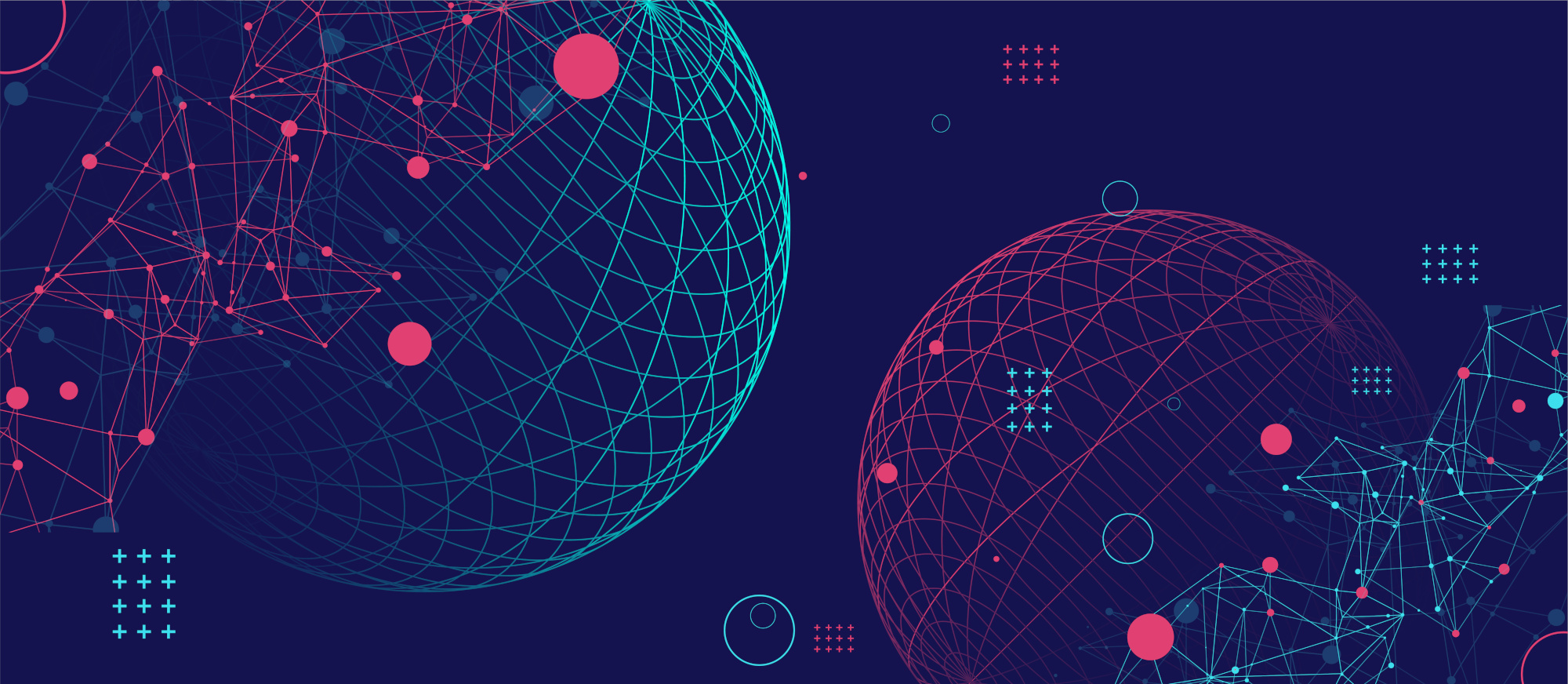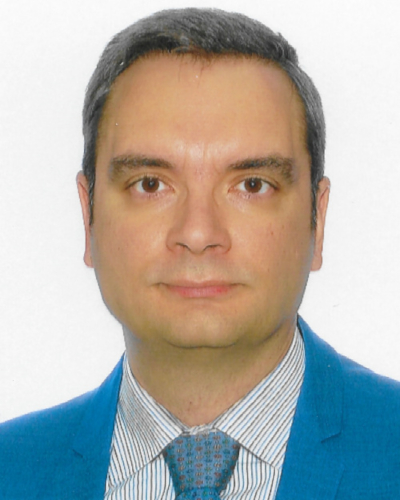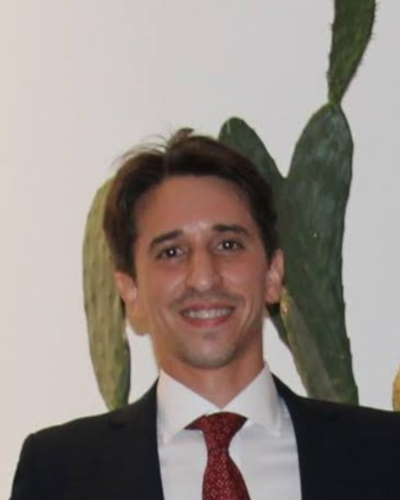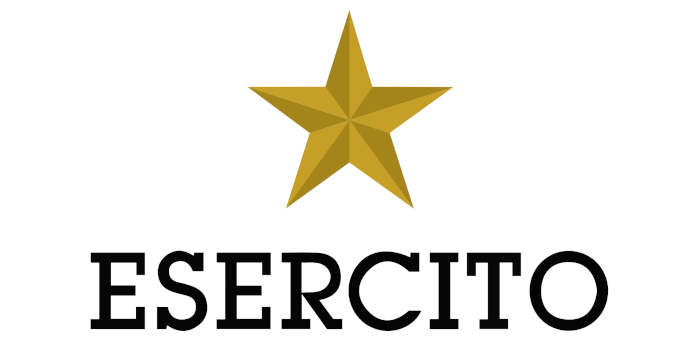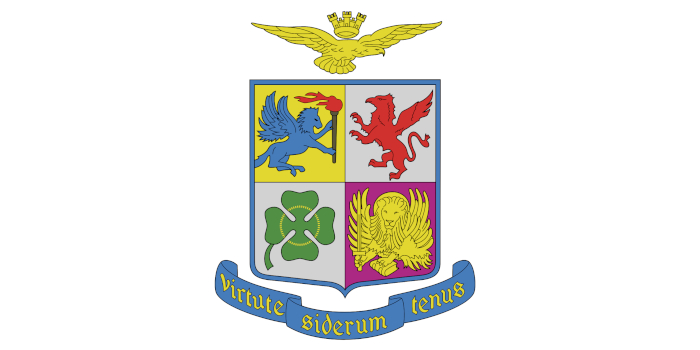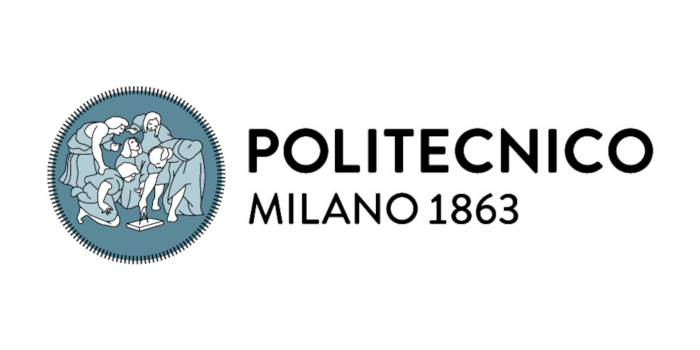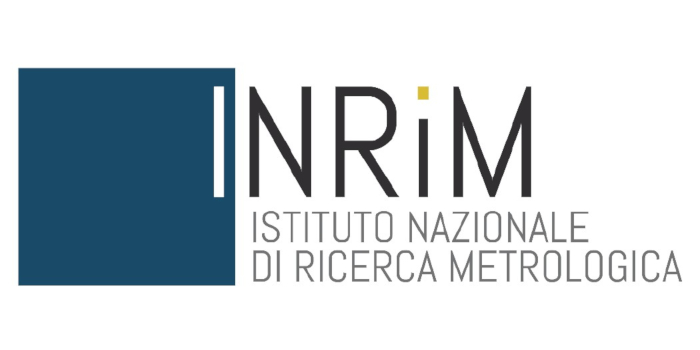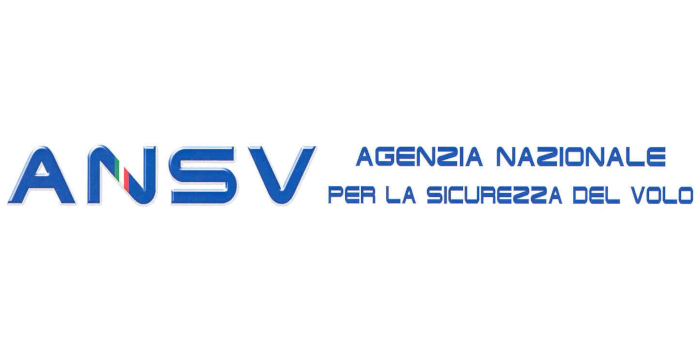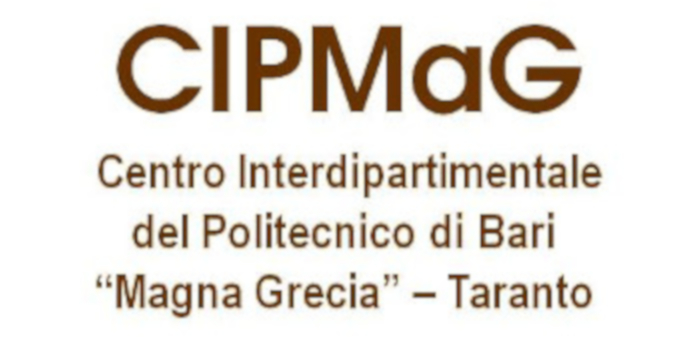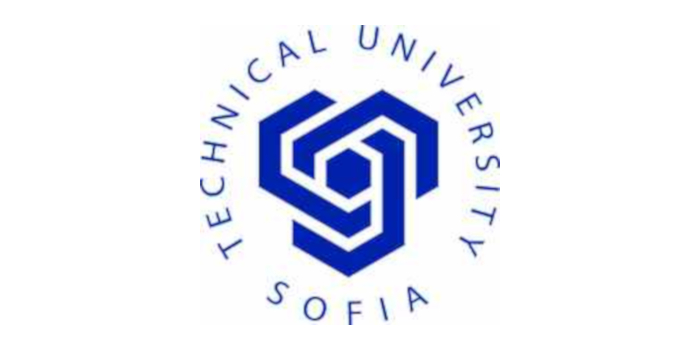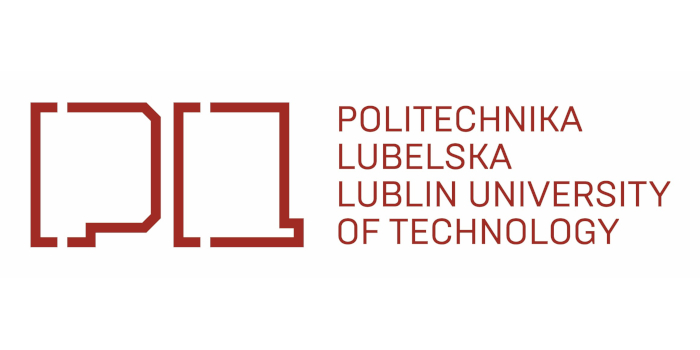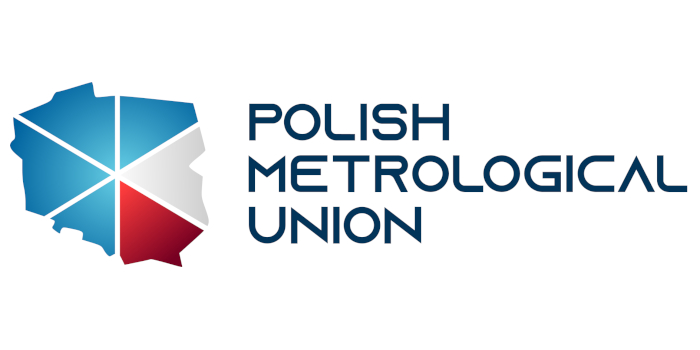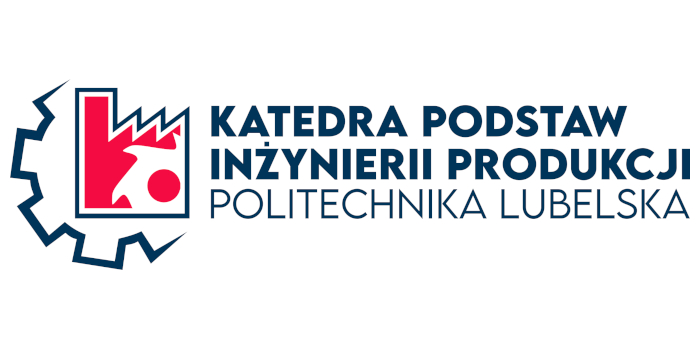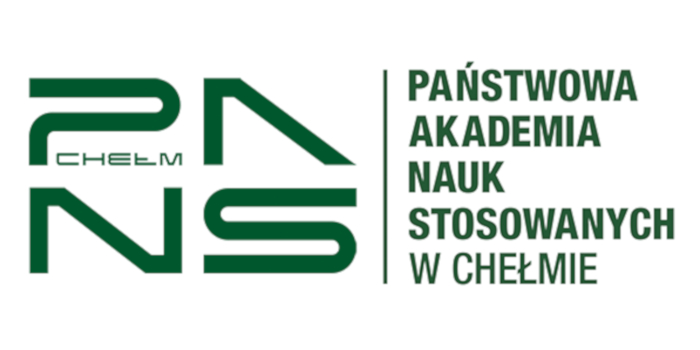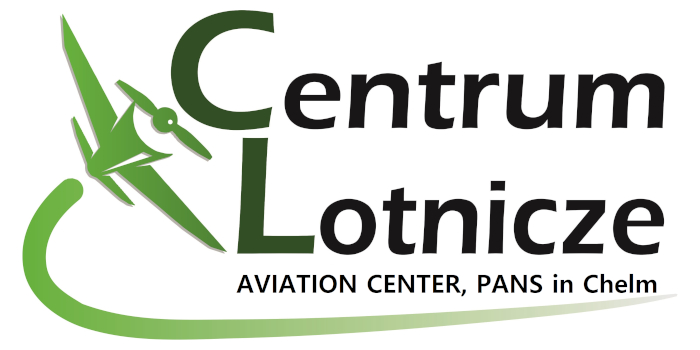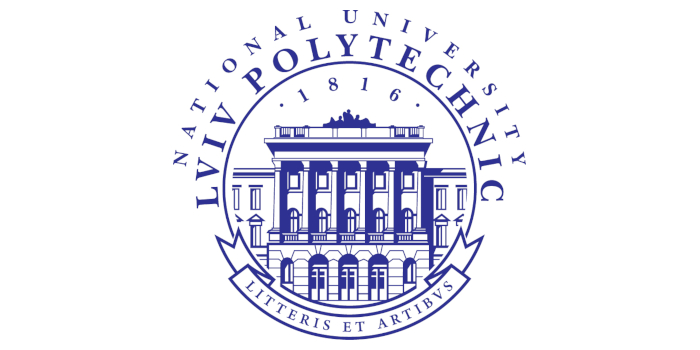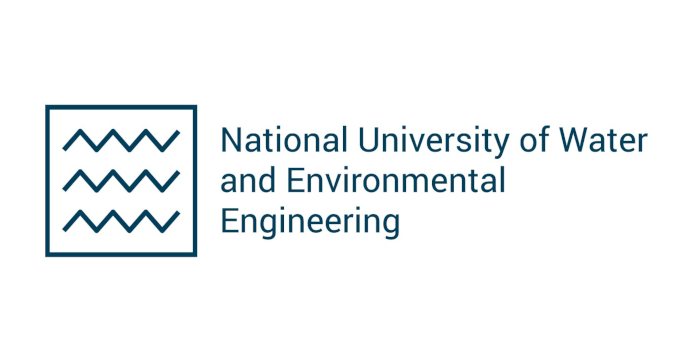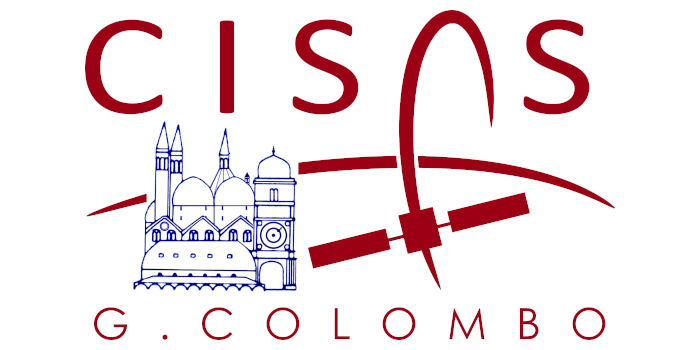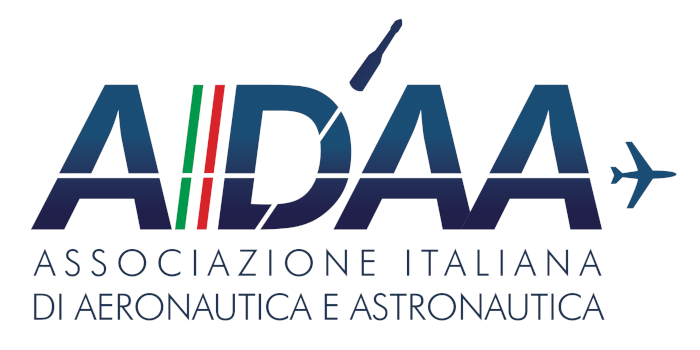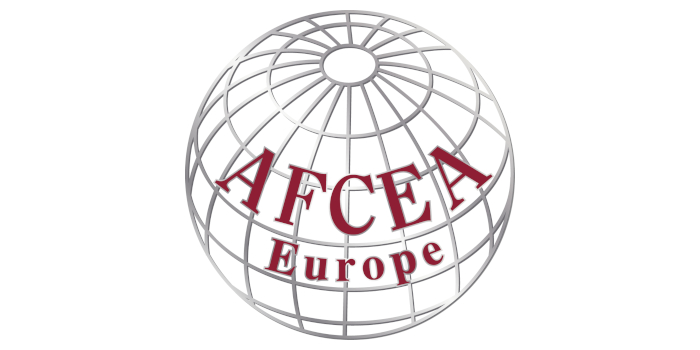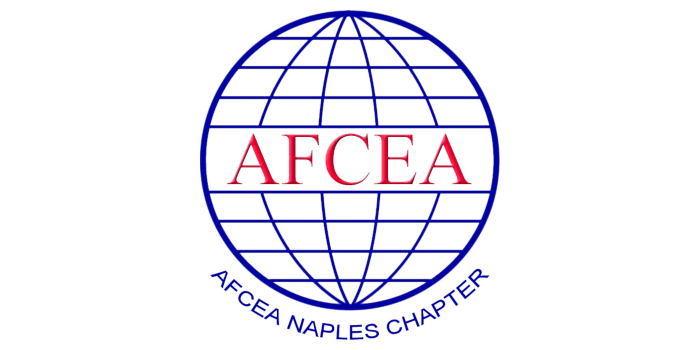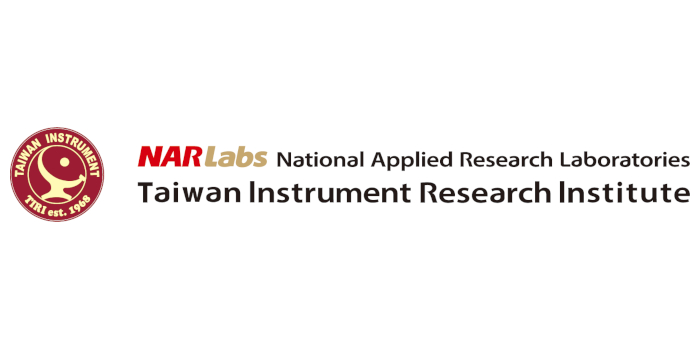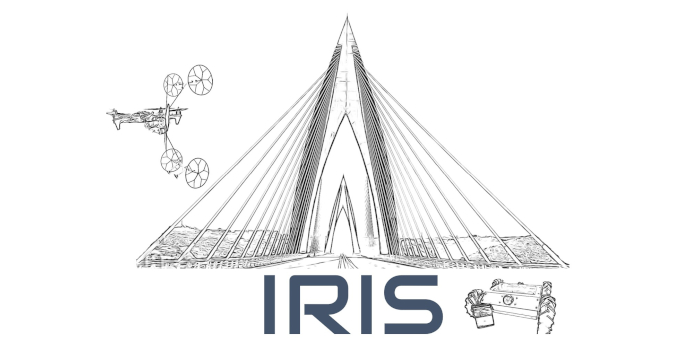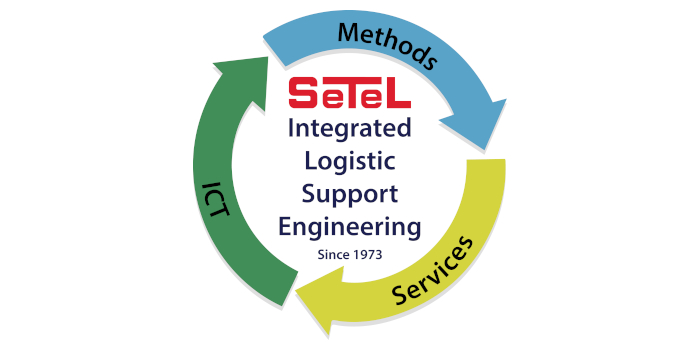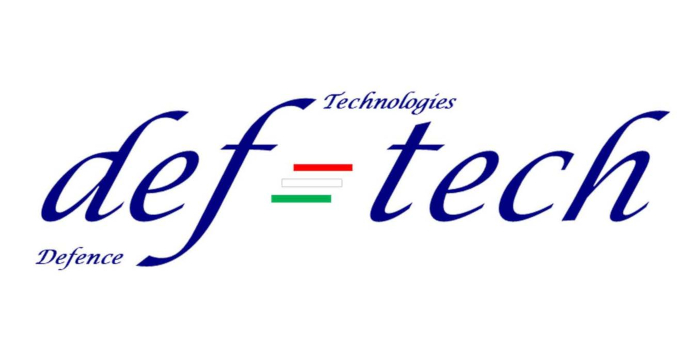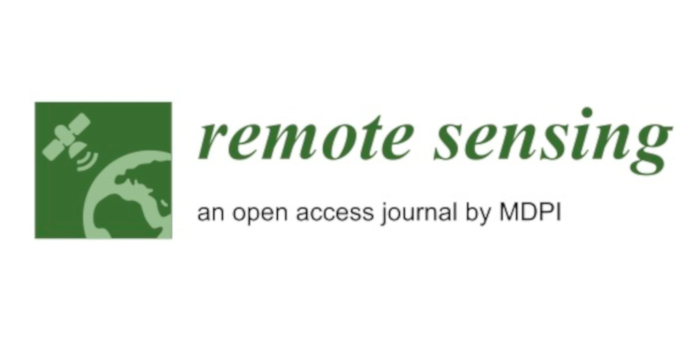SPECIAL SESSION #6
Sensors and Solutions for Autonomous Aerospace Systems
ORGANIZED BY
Domenico Accardo
University of Naples Federico II, Italy
Giorgio de Alteriis
University of Naples Federico II, Italy
Claudia Conte
University of Naples Federico II, Italy
ABSTRACT
Increasing the levels of autonomy for Aerospace Vehicles is an important task for the future systems to be developed. Autonomy is needed by Unmanned Aircraft Systems and Drones to support functions where the control of remote operator can be limited, such as operations in GPS Challenging Conditions, Beyond the Visual Line-Of-Sight, and Sense and Avoid. New aerial platforms are being developed, such as Urban Mobility Systems that will require autonomy to support piloting with reduced skills in complex environments, such us Very Low-altitude Airspace over urban areas. Traffic management systems such as traditional Air Traffic Management and future Unmanned Traffic Management will require autonomy for several innovative functions, such as Traffic Flow Management, Self-separation, and Autonomous Identification. Autonomy is required for coordinated flight of platforms, e.g. flocking of drones. Coordinated autonomous operations are planned that include also terrestrial and naval platforms. Finally, Space Systems operate most of the mission in fully autonomous control, from Low Earth Orbit satellites to Deep Space interplanetary spacecrafts and rovers. Autonomy will require development of specific sensors that will be needed to replace human awareness, i.e. sensing accelerations, rotation rates, presence of stationary and moving obstacles. Autonomy requires specific solutions to overcame technical issues but also reliability and ethics concerns. The session encourages the submission of papers that address all the above mentioned subjects to support an updated overview about the state-of-art of research in this field.
ABOUT THE ORGANIZERS
Domenico Accardo is Professor for the topics of Avionics and Air Traffic Management at Università degli studi di Napoli Federico II UNINA and at Italian Air Force Academy. He has been Principal Investigator for several research projects in the fields of Sensors and Systems for Guidance, Navigation, and Control, Unmanned Aircraft Systems, and Air Traffic Management. He has published more than 100 indexed articles for International Journals and International Conferences. He has been Chair for Sensor Systems and Information Fusion Technical Committee SSIF-TC of American Institute of Aeronautics and Astronautics AIAA. He is responsible of Laboratory of Innovative Flight Technologies LIFT that is devoted to Research and Technology Transfer activities at UNINA. He is Chair of the Degree Course in Management of Aerospace Systems for Defense in cooperation between UNINA and Italian Air Force Academy.
Giorgio de Alteriis is a post-doc researcher at the Department of Industrial Engineering (DII) and Advanced Metrological and Technological Services Center (CeSMA) from the University of Naples Federico II. He received his Ph.D. degree in Technology, Innovation, and Management from the University of Naples Federico II (DII) and the University of Bergamo (at the Department of Management, Information and Production Engineering) in 2022. He received his M.S. degree in Electronic Engineering from the University of Naples Federico II, at DII, and the Department of Electrical and Computer Engineering (DIETI). His Ph.D. studies focused on mechanical and thermal measurements and na vigation and guidance control using MEMS technology for inertial navigation, both for measurements and data fusion algorithms. His research activity is currently focused on innovative methods based on a redundant MEMS IMU configuration for bias and drift compensation, on the research of innovative techniques for accurate attitude measurements of manned and unmanned aircraft, on the realization of microcontroller and sensor-based solutions for IoT-distributed monitoring systems, and on the use of 5G-based technologies for accurate position measurements.
Claudia Conte received the M.S. degree with full marks and honors in Aerospace Engineering from the University of Naples Federico II in 2019. From October 2019 she is involved in the Ph.D. Program in Technology, Innovation, and Management at University of Naples Federico II and University of Bergamo. She was a visiting Ph.D. student at Stanford University for four months in 2022. Her research activities are focused on the standardization of core enabling guidance, navigation, and control technologies for autonomous transport systems. Her research interests also include integrated navigation systems for unmanned vehicles and solutions for Unmanned Traffic Management. She is a member of A IAA and IEEE, and IEEE Women in Engineering.
